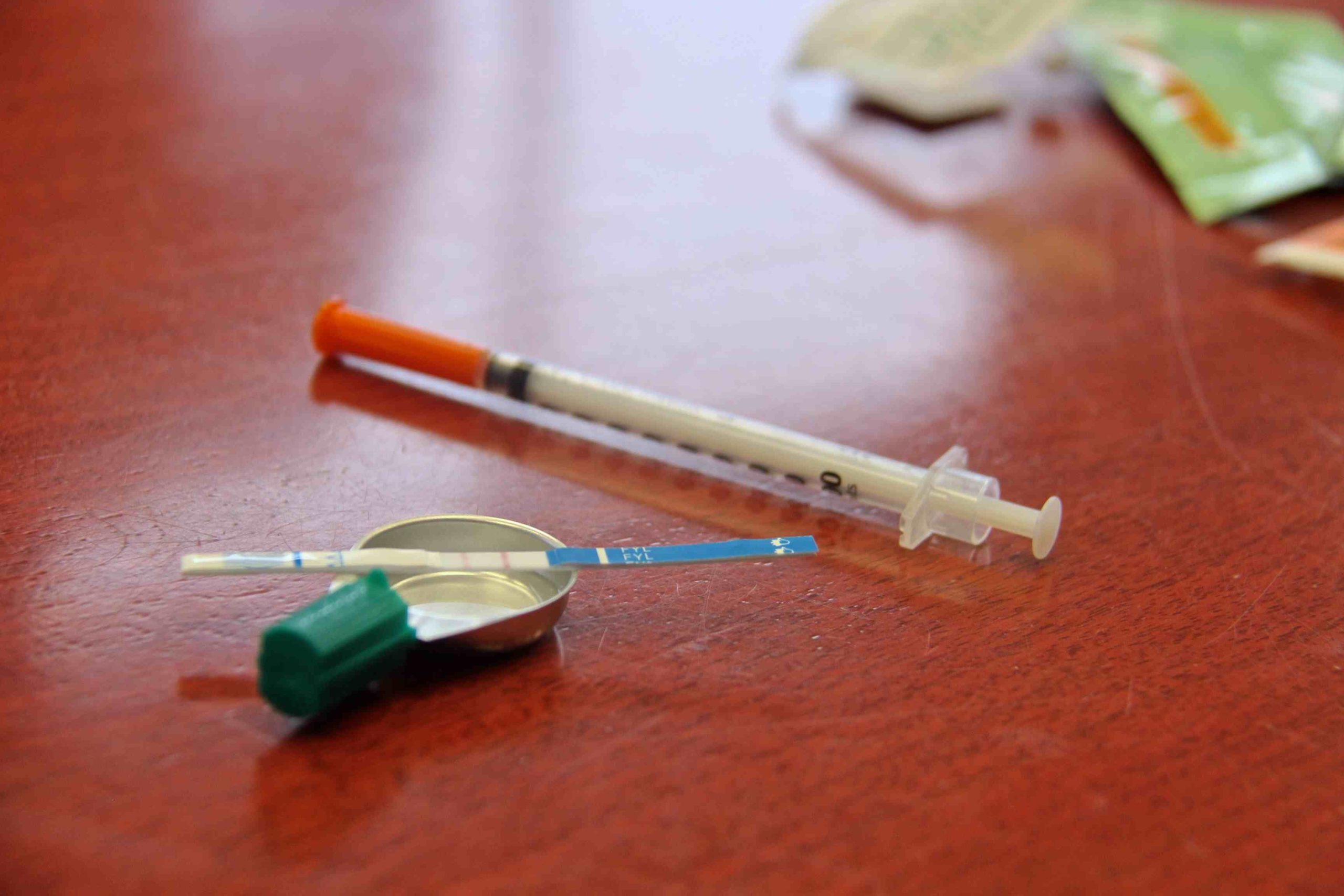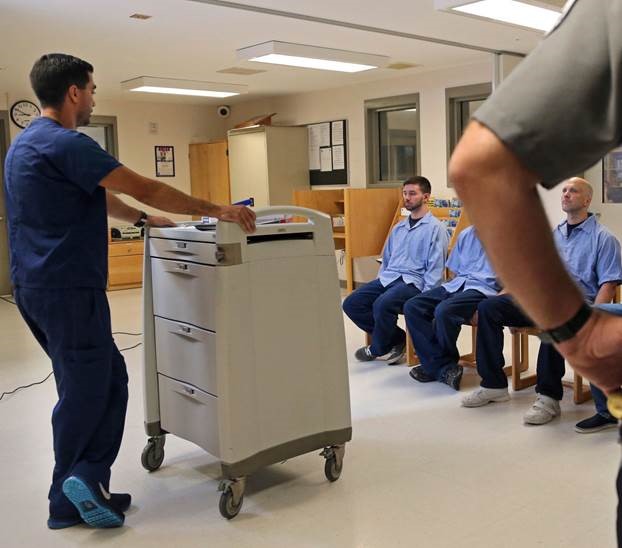Psilocybin: Summary of State Laws
Psilocybin is a chemical compound produced by more than 100 species of mushrooms found growing around the world. Because of the psychedelic effects that these mushrooms produce when consumed, psilocybin-containing mushrooms have been colloquially referred to as “magic mushrooms” or “shrooms.” In this document, the Legislative Analysis and Public Policy Association (LAPPA) identifies both currently-in-force statutes/regulations and recently proposed legislation related to psilocybin throughout all 50 states, the District of Columbia, and the U.S. territories....













